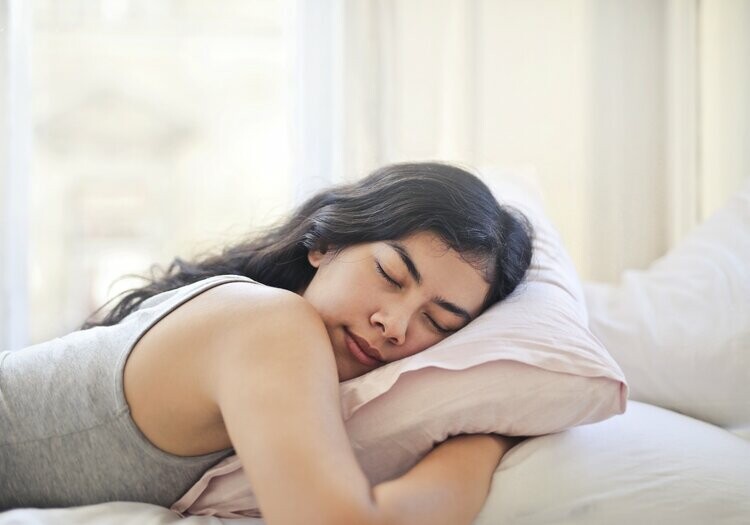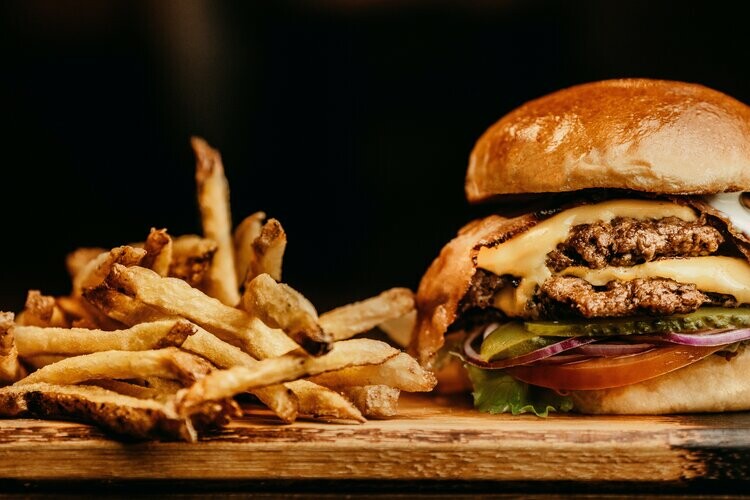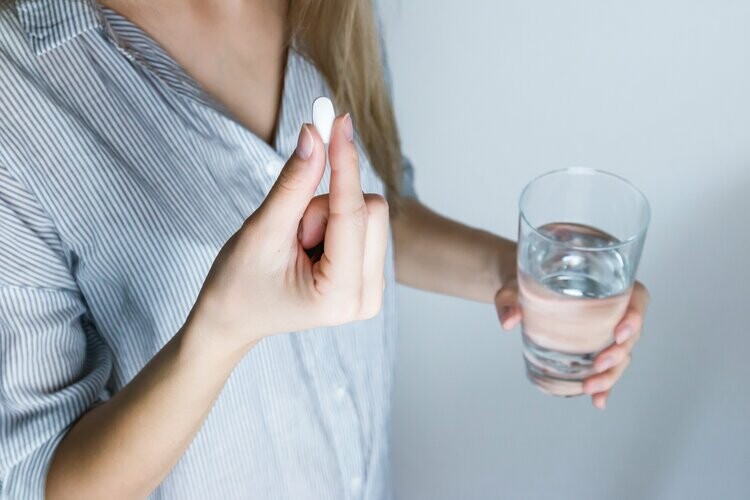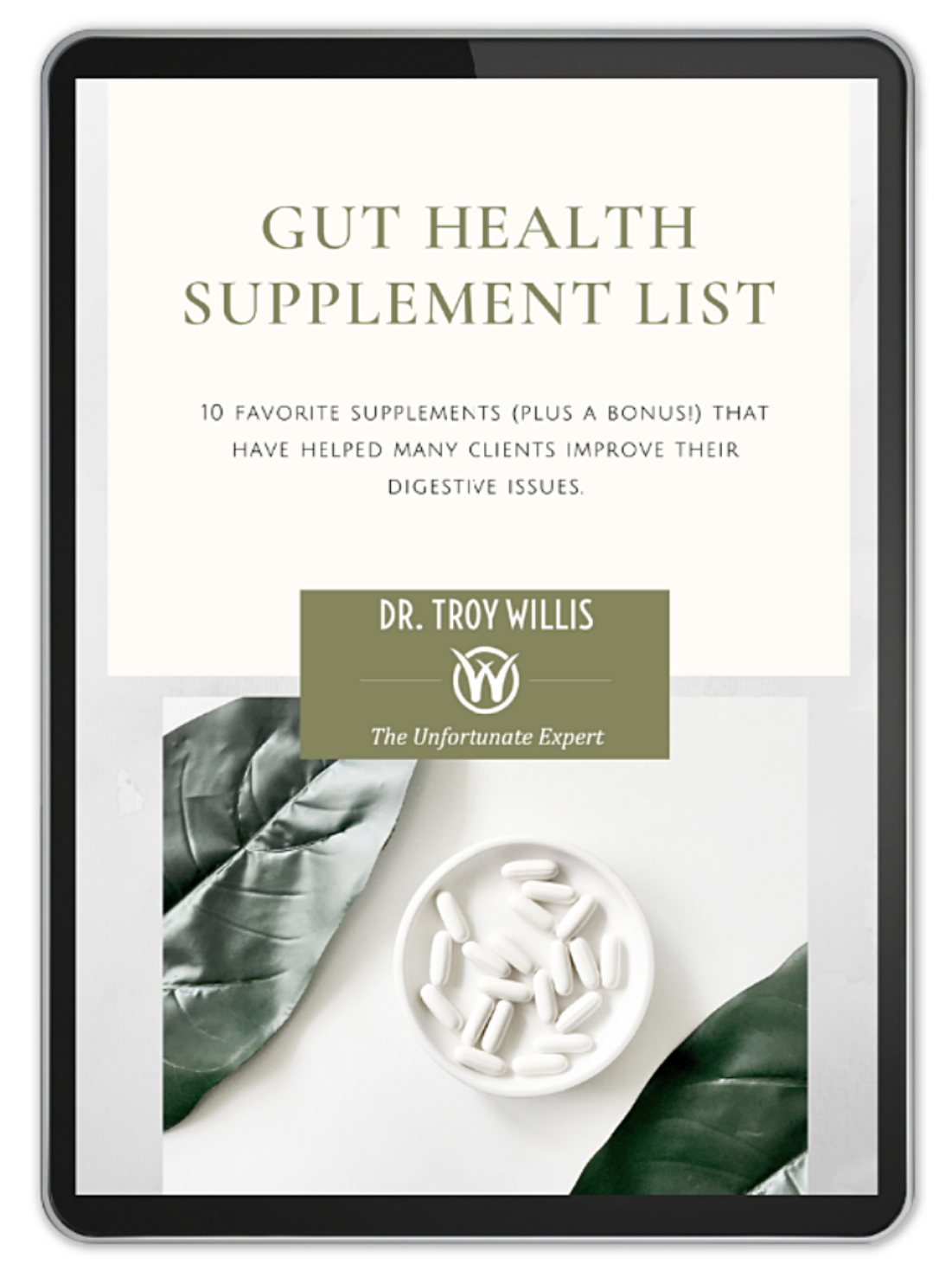
The impact of diet on gut health is well-established but did you know that your sleep habits themselves may be wreaking havoc on your gut as well? Or…that poor gut health may interfere with your sleep quality?
We’ve talked about how important a well-balanced combination of beneficial bacteria is to overall health and how stress can negatively impact that balance.
But research shows that sleep may be just as important for a healthy gut. When our sleep is disrupted, stressful, or not plentiful enough it can disrupt the gut microbiome in several ways.
 Poor sleep can lead to a decrease in beneficial bacteria, cause increased inflammation in the body, and disrupt your hormone balance. This includes the hormones that regulate hunger.
Poor sleep can lead to a decrease in beneficial bacteria, cause increased inflammation in the body, and disrupt your hormone balance. This includes the hormones that regulate hunger.When your hunger hormones are not balanced, the result is often overeating or choosing foods that are not the most beneficial for your health (ie: sugar!).
Here are three simple steps you can take today for better sleep tonight:
 1). SLEEP HYGIENE
1). SLEEP HYGIENEYou’ve probably heard this a thousand times—limit your screen time before bed! From your smartphone to your television, these devices affect your body’s internal clock, making it hard to fall asleep quickly. Experts recommend avoiding screens for an hour before bed to begin signaling to your body that it’s time for sleep.
 2) DIET
2) DIETAvoiding processed foods high in sugar and loading your plate with nutrient-dense foods instead is one of the most important keys to gut health. And studies show that limiting meals and snacks to three hours before bed can make for better sleep. If your diet and eating habits are on point but you notice that certain foods make you feel bloated or lethargic, you might consider taking a food sensitivity test (link).
 3) PROBIOTICS
3) PROBIOTICSAs we know, bacteria in the gut helps keep your digestion healthy and in check, but when something’s off in the gut, you can experience inflammation in other parts of the body. Probiotics have been shown to help the gut by conditioning the gut coating and potentially
replenishing your natural stores of beneficial bacteria.
During one six-week study, researchers gave 18 healthy volunteers different probiotic strains and another 15 people a placebo for six weeks. The scientists assessed how well the participants slept throughout the study. The volunteers who took probiotics slept better and experienced less fatigue than those who took the placebo.
I’ve revealed some of my favorite go-to brands in my free supplements guide, but it’s recommended that you meet with an expert to determine the best supplements for your unique situation.
If you’re interested in taking a food sensitivity test or starting a probiotic regimen, please be sure to reach out! I’d be happy to talk through your specific experience and determine the next best steps for your situation.
You can schedule a time that works best for you here.
Happy healing!
Dr. Troy Willis
The Unfortunate Expert















0 Comments